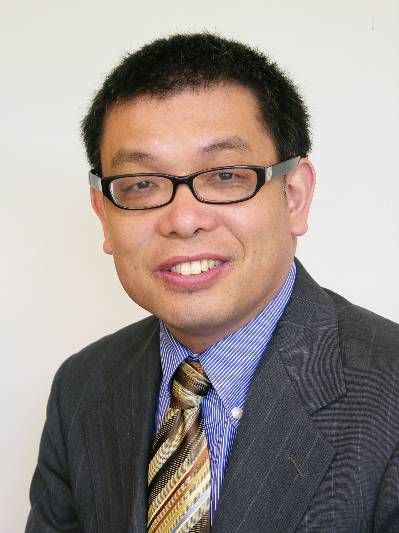Courses
At PCOM School of Pharmacy, Dr. Huang teaches Anatomy, Physiology & Pathophysiology
I and II; Principles of Drug Action II and III; and Integrated Case Studies I, II
and III.
Research
Dr. Huang’s research interest lies in brain physiology and pathophysiology. Currently
his main focus is on the mechanisms of synaptic plasticity, and especially on the
regulation of the NMDA subtype of the glutamate receptors. "NMDA receptors", as they
are called, play critical roles in learning and memory, and in the development of
the brain. As NMDA receptors are also critically important in brain disorders, his
studies have significant implications that extend to a broad range of pathological
processes in the central nervous system, including brain and spinal cord injury, epilepsy,
chronic pain, stroke, Alzheimer disease, and schizophrenia. In the Department of Pharmaceutical
Sciences, Dr. Huang's research projects continue to address the issue of glutamate
receptor regulation, and he prides himself on taking an integrated approach using
a combination of biochemistry, cell biology, physiology and pharmacology. Dr. Huang
is also interested in educational scholarship in pharmacy.
Grants
Role: Principal Investigator
Award type: Intramural funding
Funding Agency: PCOM Chief Research and Scientific Officer (CRSO)-funding
Title: Mental Wellbeing of Student Pharmacists
Duration: 07/1/2021-06/30/2025
Intramural Research Grant, Philadelphia College of Osteopathic Medicine, Center for
Chronic Disorders of Aging (CCDA), Philadelphia, PA, 2011-2012.
Research Grant, Young Investigator Award, NARSAD, 2006-2009. (NARSAD, Now called “Brain
and Behavior Research Foundation”, The World's Leading Foundation Dedicated to Mental
Health Research)
Canadian Institutes of Health Research /Heart and Stroke Foundation of Canada, 2001-2003.
Ontario Neurotrauma Foundation, Ontario, Canada, 2000-2001
Young Investigator Award, Spinal Cord Research Foundation, Paralyzed Veterans of America,
USA 1998-2000

